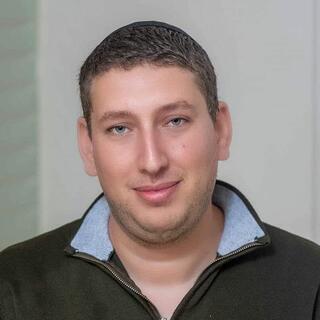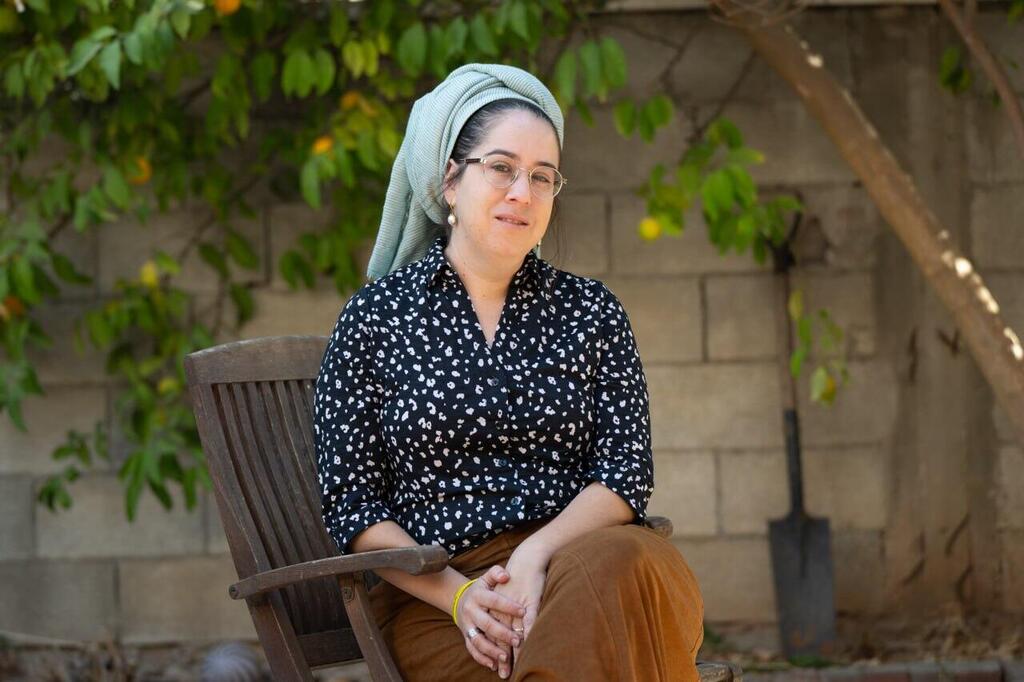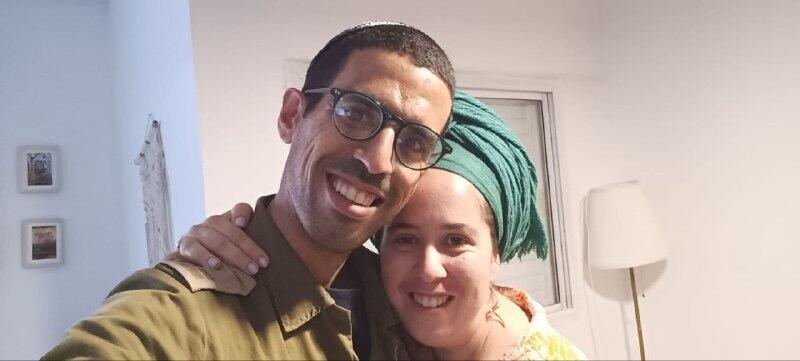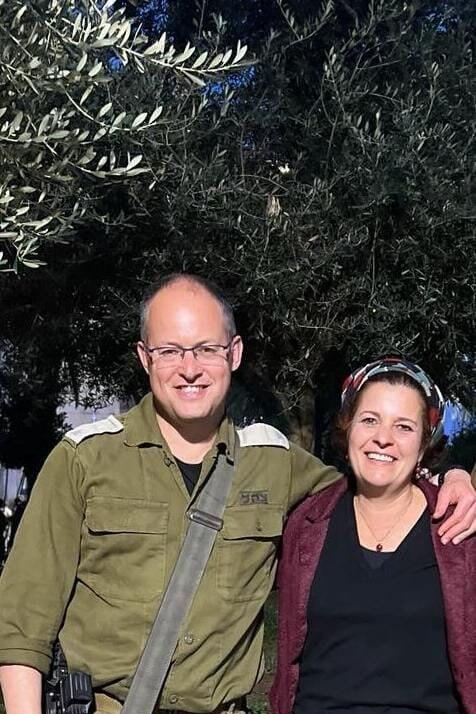After more than a year since the outbreak of war, and the call up of hundreds and thousands to the IDF reserves, women of the Religious-Zionist sector of the population have joined the call to demand that the ultra-Orthodox do their part and enlist in the IDF, to ease the burden on those who have been serving for months on end and to increase equality among citizens.
"My husband, Rabbi Uri Lifshitz, has already done more than 250 days of reserve duty," said Ofra, who lives in a West Bank settlement. "My son, Amitai, an officer in the Givati patrol unit, was one of the soldiers that freed Nahal Oz after Hamas terrorists invaded during the October 7 massacre and after that, he fought in Gaza," she said "I have another son who is studying at a yeshiva and will enlist in the coming months. We have had a crazy year. My son and my husband were not at home, they were both in the south and we didn't talk for days. At this time, amid worry and anxiety, I'm working and holding down the fort trying to maintain a routine."
She said that, in addition to his military role, her husband oversees the yeshivas in their settlement, "so the world of Torah is not foreign to us. We live in a reality where the Torah commands us to go into battle and defend the country. Ben-Gurion exempted hundreds of Torah students to save the Torah, today we need to save the country. The home front is collapsing. This is the real mitzvah. I see what is happening with my friends. There are mothers who stay at home with the little ones for months. Our strength is fleeting. We need more people," Ofra said.
She said the complexities of the Haredi world were clear to her but believed there was a way to address their needs. "It is impossible for us to continue supporting our ultra-Orthodox brethren," she said. "A sector that takes and does not give back. If they do not want to enlist, then they should not receive any funding. Those who enlist will be rewarded and those who go to the reserves will be rewarded even more."
'Takes you to the limit'
Noa Mevorach is in a similar situation. She is a resident of Lod and a mother of four children. "My husband Tomer is a combat medic, and has been serving for about 250 days in reserves," she said. "He is a pediatric psychiatrist at the Ichilov hospital in Tel Aviv and also runs his own clinic. We have been protecting the country for over a year. I have grandparents who fled the Holocaust and I heard a lot of their stories. Today we have an army, but this year I became a kind of single mother of four children. I had to start a new job in January that I was waiting for and I simply turned it down because I have no chance of holding such a position in the new reality. We were also hurt financially, even though we don't lack anything and we don't complain."
The reserve service as a doctor burdens the family and Tomer personally. "When he finished a medical officer course," said Mevorach, "they asked him where to assign him, and he said 'wherever is needed.' So what does that mean? Today we understand that this is a role that often takes him to the limit, carrying heavy medical equipment on his back, and being deep in the field, where there is not always someone to replace him. When the girls visit friends who have a father around, they feel it. I thought that the state should take care of adding soldiers. Instead, it brings a draft bill that spits in our faces."
Noa said she would never tell her husband to come home. "This is an existential war. But trying to transfer funds to those who are not going to serve in the first place, crushes the state, society, those who serve at the frontlines, and those who manage in the home front," she added.
She called out Finance Minister Bezalel Smotrich, who she says is supposed to represent her sector but instead supports the Haredi draft bill, saying that no political interest is worth the inequality. "There are many ways to preserve the coalition. There are fewer ways to preserve the people of Israel,"she said.
Fleeting strength
Naama Shalem, a resident of Or Akiva, said three of her sons have been serving in the war. "We worry and are anxious. Without additional forces, we cannot last. We call first of all on the Haredi men to serve, out of a sense of unity. We ask how can they idly stand and not be part of the reserves. Our second call is to the government not to pass a law that will practically grant an exemption to anyone who is ultra-Orthodox, even if they don't study in the yeshiva at all which will harm the public who serve," she said.
Dr. Tehila Elizur from Jerusalem, also one of the leaders of the initiative, said the men in her family have also had to carry the load of the war. "My husband is being drafted and I'm waiting every minute for the phone call. My son was drafted into the Golani reservists' brigade, and another son serves in the Nahal Brigade. My son-in-law and older son were also drafted throughout the war," she said,.
"I myself, come from a bereaved family. My father's older brother was killed in 1968. Among his personal belongings was a letter he wrote. He wanted to do better by God and study more. 'You studied Torah more than all those who didn't serve,' my grandfather said over his grave. Then, on October 7, when my whole family was drafted, I sent a personal letter to bereaved mothers, and I tried to inspire them. We understood the importance of the voice of religious women," she said. "Not only does the Torah command us to fight, it also prohibits us from standing aside. It is unthinkable the government can equate studying and serving."
Get the Ynetnews app on your smartphone:
First published: 15:58, 10.29.24







